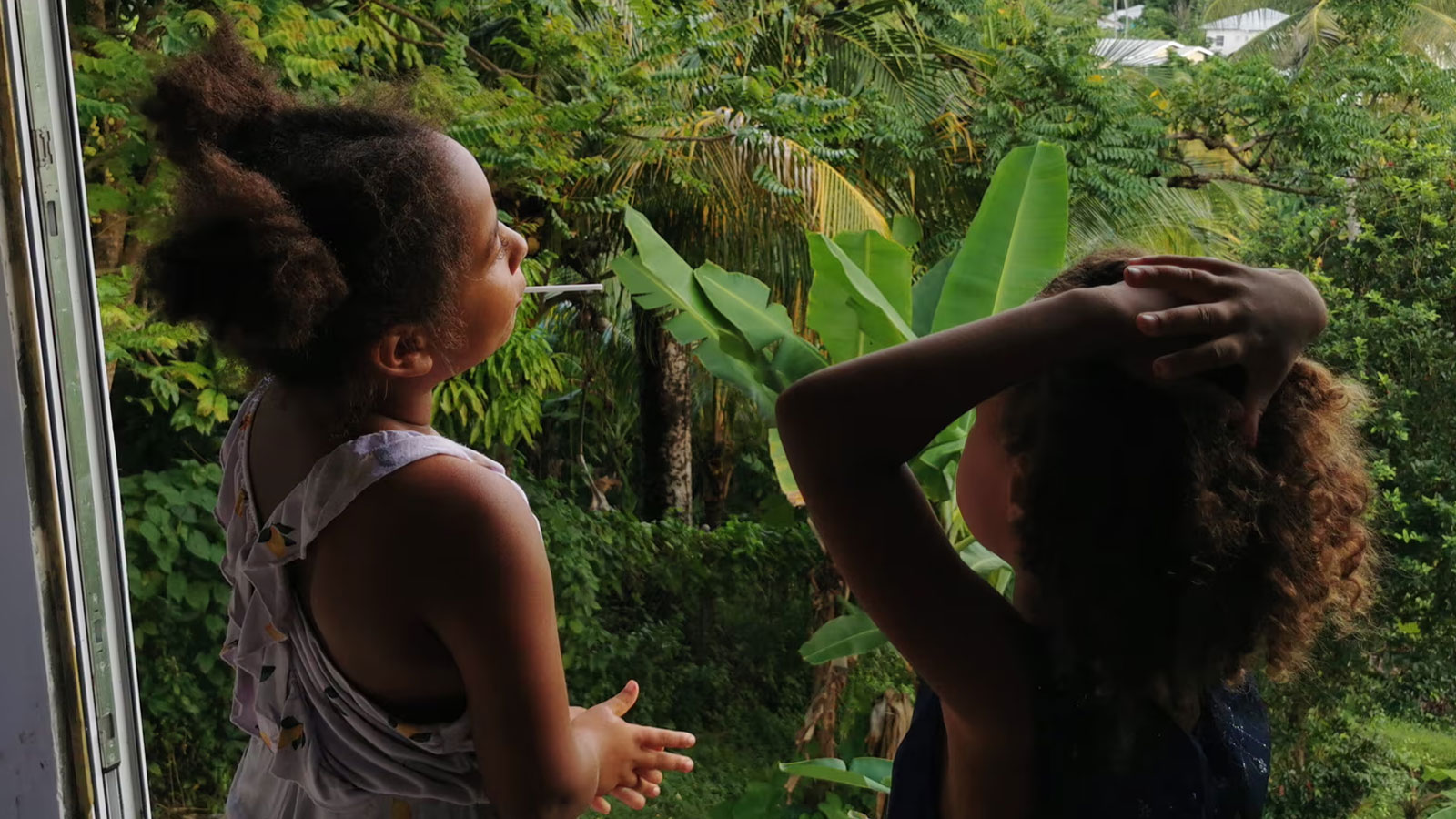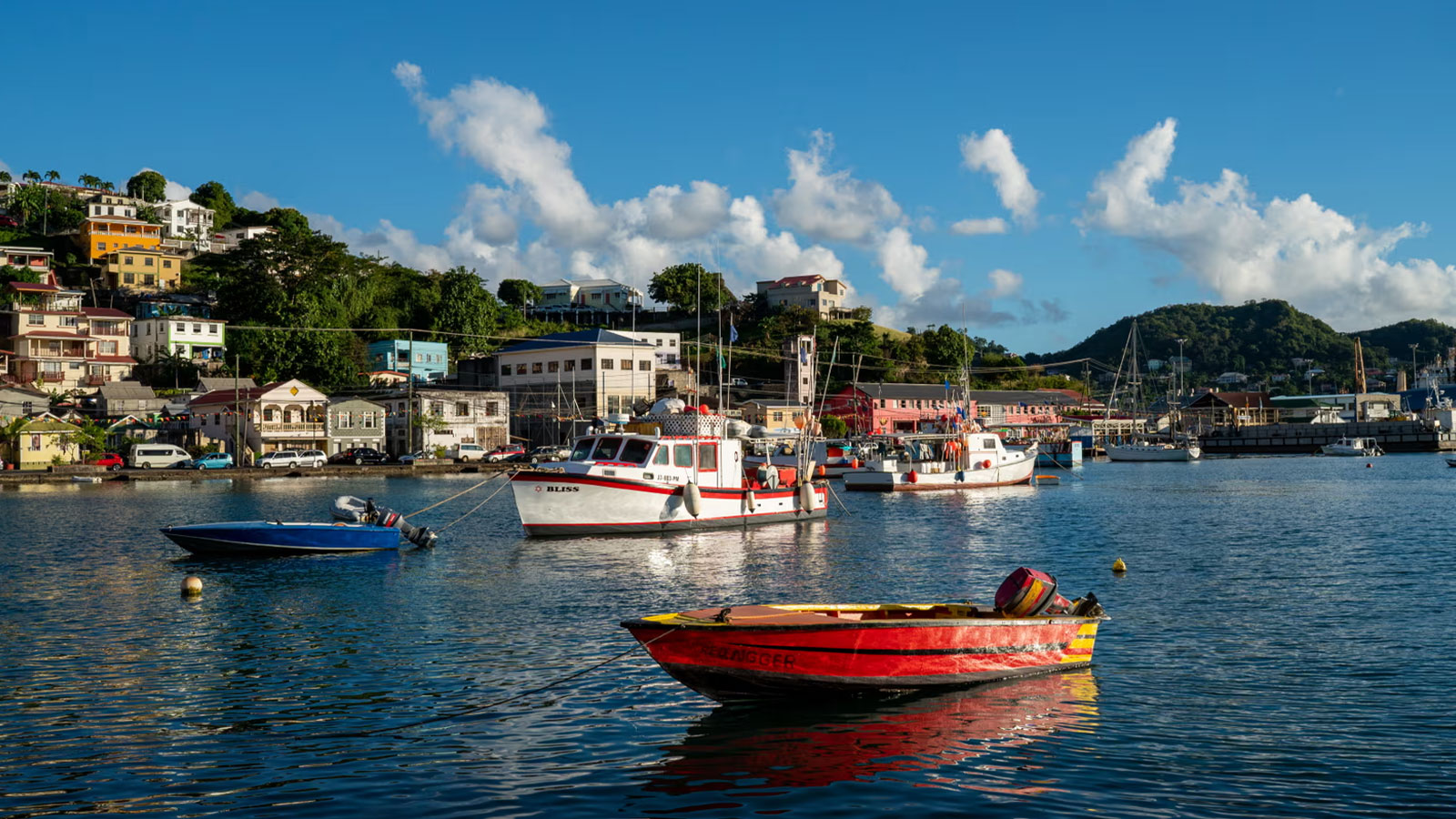Life in Grenada, the island my grandparents once left for the UK, is safe and caring. Here, I feel that freedom is my birthright.
As falls from grace go, spending your 38th birthday packing boxes in an Amazon warehouse is pretty high up there. If that sounds terribly snobbish or ungrateful, forgive me. Let’s put it down to being peddled the Thatcherite dream at the home counties girls’ school I attended in the 90s: if I worked hard enough, the message was, I could do anything.
My parents, who arrived in the UK from Grenada in the 1960s, did a pretty good job of making me into the right kind of immigrant. I did well at school, attended great universities (undergrad and postgrad) and was writing for national papers by my late teens. I truly believed the idea that, as a black person, if I just worked twice as hard as my white colleagues, as the old adage goes, success could be mine.
Yet somewhere along the way, the wheels fell off. In 2017, I became homeless after separating from my children’s father. I returned to my parents’ house, where I slept on the same blow-up camping mattress I’d used as a teenager trekking around Europe. I had gone from writing for Rolling Stone and hanging out with rock stars to working minimum wage jobs and having to account for how many times I needed to pee during my shift.
A year later, I’d managed to secure a small terrace house in a not-so-lovely area of Watford; but every night, as I tried to fall asleep in my front room on the sofa I got for free on Gumtree, I couldn’t escape the realisation that life in the UK just wasn’t working for me. As I hurtled towards my 40s as a single mother, relying on benefits to support my three kids did not feel like my life’s assignment. And if I couldn’t make it work in the UK, what chance did my children have in a country in which, on every indicator – from education to employment, health to housing – the odds of success as black citizens were clearly stacked against them?
So I made the decision to quit the UK and “return” to Grenada, the island my paternal and maternal grandparents had left in the 1950s, before sending for their offspring a decade later. The irony did not escape me. My motivation was to raise my children in an environment where they could feel that freedom is their birthright.
One Sunday morning, a few weeks before I flew out, I popped to the shops to pick up some vegetables. As I walked down the street, a middle-aged white man mumbled “fucking n-er” as I passed him. Years ago, I would have been triggered by the interaction, but this time I just smiled, knowing that these sorts of interactions would soon be behind me.

Here, my girls get woken up by the neighbours’ kids knocking on our front door. They go off exploring for hours on end.’ Photograph: Zoe Smith
We left the UK in the middle of the pandemic. Our flight to Grenada had been repeatedly cancelled due to Covid, and in the end we waited nine months before we could leave. When we finally arrived, I was filled with a feeling of overwhelming relief and joy that I didn’t have to catch a flight back.
Here, my seven- and eight-year-old girls get woken up by the neighbours’ kids knocking on our front door. They go off exploring for hours on end, running in and out of the adjacent houses. Kids going missing isn’t something to worry about on an island of 126,000 people. In the UK, it felt unsafe for them to even go to the corner shop on their own and whenever we visited our local park we had to walk past a memorial to an 18-year-old who had been stabbed to death in a road rage incident. It’s something that became a core memory for my girls before the age of five.
In education, too, there’s a significant difference. When my children’s grandmother passed away last year, my seven-year-old struggled. I was so touched at how positive and proactive her teachers’ response was. How lucky she was to be in the care of two Caribbean women who had also moved from the UK, who genuinely cared about her wellbeing and took it upon themselves to build her up in a way that will last for life. I doubt she would have experienced anything like that in the UK.
It has been reassuring to meet other black people in this process who are also in search of alternative ways of living. Together with a collective of families from across the globe, we are in the process of buying back part of a former estate in the rural north of the island owned by Ninian Home, a Scottish plantation owner. By forming a community land trust, we can live with others in alignment with nature and removed from the pressures of modernity – at a fraction of the cost of living in the global north.
It hasn’t all been plain sailing. A few weeks ago, my 13-year-old son decided to return to London to live with his father. He missed his friends and family in the UK and our relationship became unsustainably tested. I have never sugar-coated the fact that relocation can be exceptionally challenging. Simple things like not having access to Thai food or consistently working cash machines have been hard to adjust to. But do I miss the UK? Not at all, in fact, when I return now I wonder how I managed to live there for so long.
Zoe Smith is a former journalist and the founder of The Exodus Collective
Source: The Guardian
Featured image: St George’s, capital city of Grenada. Photograph: Robert Nickelsberg/Getty Images















